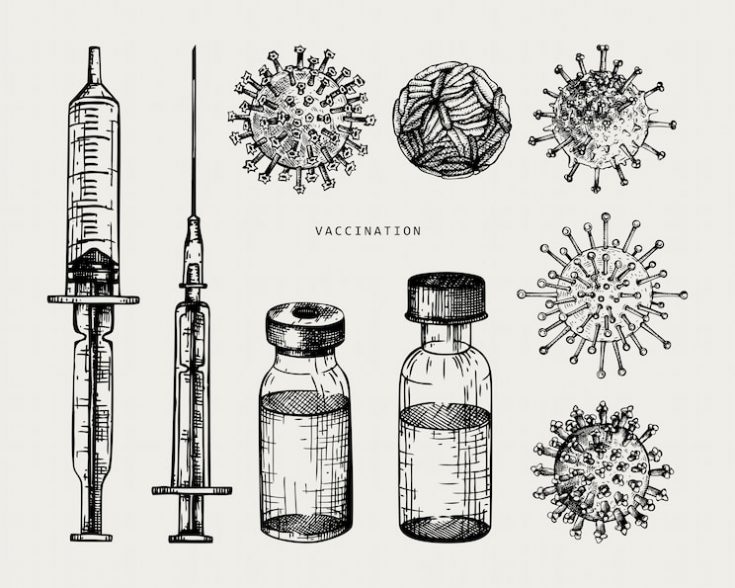
Vaccinations protect your pet from infectious diseases and safeguard against the alternatives of long costly hospitalisation, irreversible system damage or fatality should they get infected.
Viruses are known to mutate and your pet’s antibody levels drop over time. It is for this reason that vaccines are administered annually.
There are six serious viruses and infections in Australia that can affect your pet cat and are all preventable with vaccination. These are the most common viruses that we vaccinate against:
Feline Calici Virus & Feline Rhinotracheitis Virus
Also known as the ‘cat flu’ viruses, symptoms will present two to five days after exposure. These viruses are generally not fatal, but they can make your kitten very sick for one to three weeks – their symptoms will include inflamed conjunctiva, corneal ulcers, eye and nasal discharge, and secondary bacterial infection of these tissues. It isn’t unusual for recovered kittens to become lifelong carriers of the virus and become sick again during periods of stress. Vaccination as a kitten, prior to exposure, is critical.
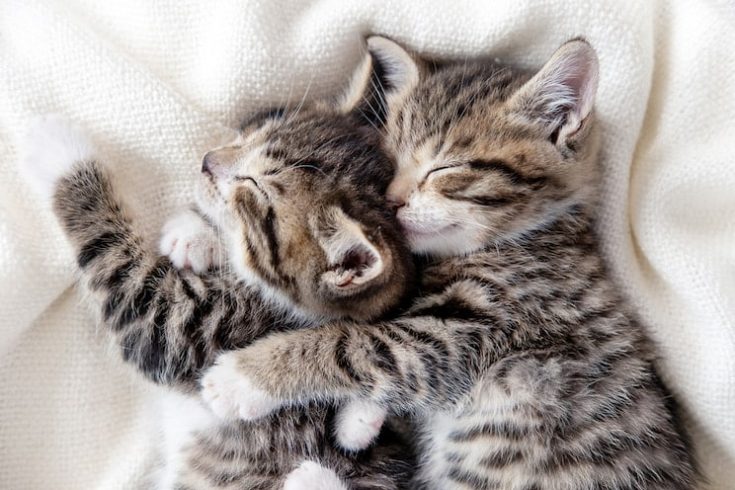
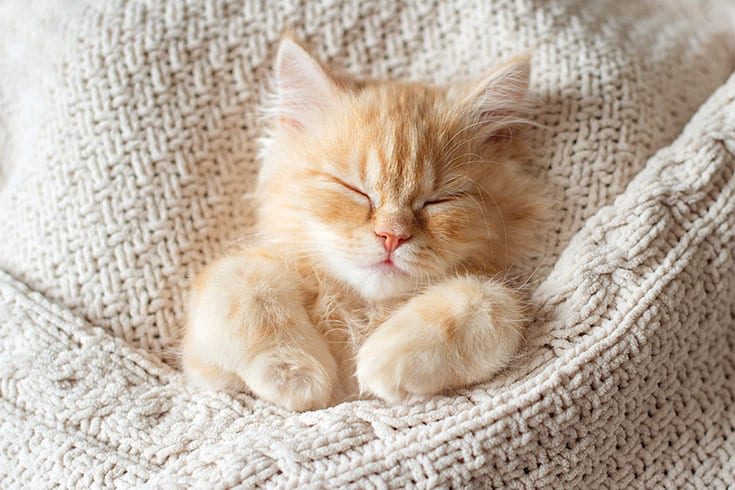
Feline Panleukopenia Virus
This is a highly contagious and life-threatening disease that can quickly spread throughout the cat population. It spreads by attacking rapidly dividing cells in your pet’s body, such as cells within the intestinal tract, bone marrow and a developing foetus. Thankfully, the Feline Panleukopenia Virus can be prevented with a simple vaccination.
Australian puppies and dogs are vaccinated against:
Canine Parvovirus
A highly contagious virus, Canine Parvovirus attacks the endothelial lining of the intestinal tract, the immune system, and in some cases the heart muscle, resulting in a severe bloody diarrhoea which lasts for days. Furthermore, it causes nausea, so that infected dogs and puppies refuse food. Even with IV fluid administration, gastric tube feeding and an extended hospitalisation, the prognosis is guarded as the damage to the system is so severe.
Canine Hepatitis
Infectious Canine Hepatitis is an acute contagious disease caused by the canine adenovirus 1. The virus is transferred when dogs ingest nasal discharge, saliva, urine or faeces of infected dogs. It targets the spleen, kidneys, lungs, liver, lining of blood vessels and sometimes other organs. Puppies are at the highest risk of mortality, while dogs who recover may develop immune complex reactions, or chronic hepatitis, which is incurable. A simple vaccination safeguards against the virus.


Canine Distemper
Canine Distemper is a contagious disease caused by a virus which attacks the respiratory, gastrointestinal and nervous systems of puppies, dogs, and even wildlife.
Easily transmitted through airborne exposure, infected dogs can shed the virus for months. It starts with a watery, pus like discharge from their eyes, progresses to lethargy, vomiting and fevers, and then attacks the nervous system. Infected animals display circling behaviour, head tilt, muscle twitches, convulsions with jaw chewing movements and salivation, seizures and partial or complete paralysis. In wildlife, infection with distemper closely resembles rabies. Distemper is often fatal, and dogs that do survive it are left with irreparable nervous system damage.
Canine Parainfluenza
Canine Parainfluenza is one of the viruses that can cause kennel cough. It is highly contagious and spreads easily where dogs are together, such as in boarding kennels, dog shows, dog parks or pet shops. It spreads through contact with shared water or food bowls and can also be airborne. It results in a dry hacking cough, fever, eye inflammation, a runny nose, depression, lethargy and loss of appetite and recovery can take a long time.
Non-core vaccinations
Depending on your pet’s environment and lifestyle, there are other vaccinations that you may consider.

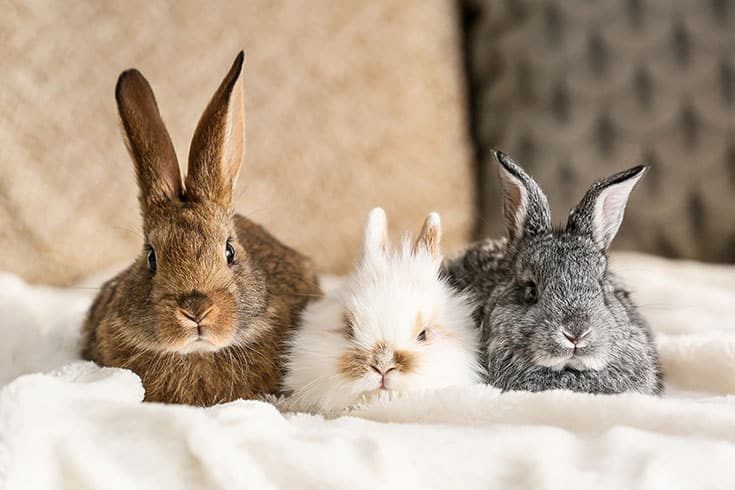
Rabbit Calicivirus
(Rabbit Haemorrhagic Disease Virus) was introduced to Australia in 1996 to control wild rabbit populations and is present in the Lake Macquarie area. It attacks the liver and intestines and causes extreme internal haemorrhaging, with sudden death within 1-2 days.
It is contagious and can be transmitted directly from infected rabbits, any objects they have come in contact with, or spread by flies. Vaccinations are administered to rabbits at 4,8 and 12 weeks of age, then every 6 months. Adults are given 2 vaccinations, a month apart, and every 6 months thereafter. Call our friendly team to book a vaccination and check-up appointment.
Canine Distemper Virus
Ferrets are highly susceptible to canine distemper virus as described earlier. Vaccination provides effective protection against this fatal disease.
Canine Distemper Virus
Ferrets are highly susceptible to canine distemper virus as described earlier. Vaccination provides effective protection against this fatal disease.
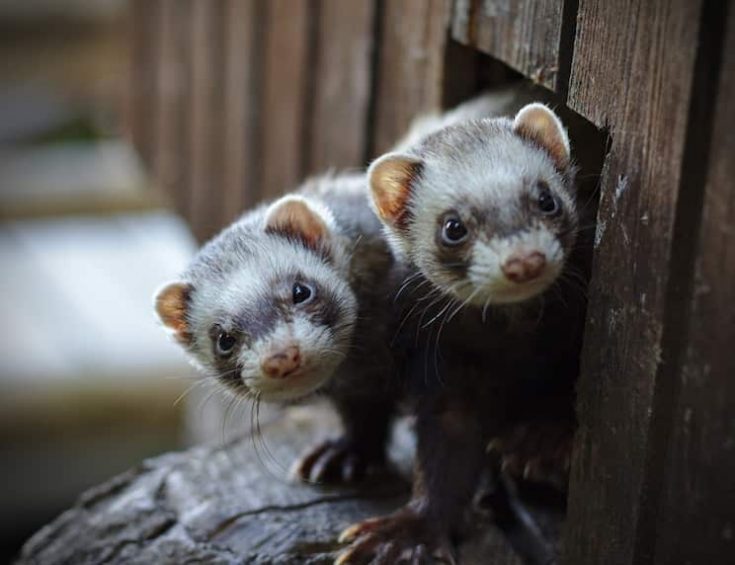
Around 75% of their diet should be good quality grass hay such as timothy, botanical, oaten or orchard. They are designed to digest leaves and stems and a good quality grass hay will help to keep their digestive tract moving. Grinding fibrous hay all day will keep their teeth worn down to avoid expensive dental problems due to the fact that their teeth grow constantly throughout their lives.
Greens and herbs recommended for rabbits include cos, bok choy, butter lettuce, Asian greens, red leaf lettuce, coriander, parsley, mint, carrot tops, basil, dandelion greens and curly kale.
While grains, nuts and seeds may be healthy for us humans, rabbits are simply not designed to digest starch and those ingredients are full of starch. They can cause obesity in rabbits which is one of the most common problems rabbits can face.
Mixes can usually be found containing sunflower seeds, oats, chaff and they allow the rabbit to pick and choose what they would like to eat. Just like us they will usually pick the good tasting stuff and ignore the healthy ingredients they need to survive. High-quality fortified hay pellets are a healthier option, and your rabbit will usually enjoy the taste of these. We stock premium grade pelleted rabbit food, which is hay based, delicious and healthy.
Many of our rabbit patients are now found living inside the family home. This way they are protected from roaming animals who may look to harm them, deadly myxomatosis carrying mosquitos, summer heat and the winter cold and rain. Rabbits can be easily litter trained and quickly become valued members of the house. Remember to rabbit proof your house before bringing them inside. All power cords should be secured out of their reach and ensure you don’t have any pot plants which could be toxic if ingested.
These two diseases are deadly and always present in our Lake Macquarie area. We can vaccinate against calicivirus and recommend booking an appointment with the vet to discuss your rabbit’s health. There is no myxomatosis vaccine in Australia and there is currently no treatment for it either, meaning it is a fatal illness. Myxomatosis is spread via biting insects such as mosquitos so by having mosquito proof netting or keeping your rabbit inside you are almost eliminating that risk.
| Monday – Friday | 9:00 – 18:00 |
| Saturday | 8:00 – 12:30 |
| After Hours | AREC |